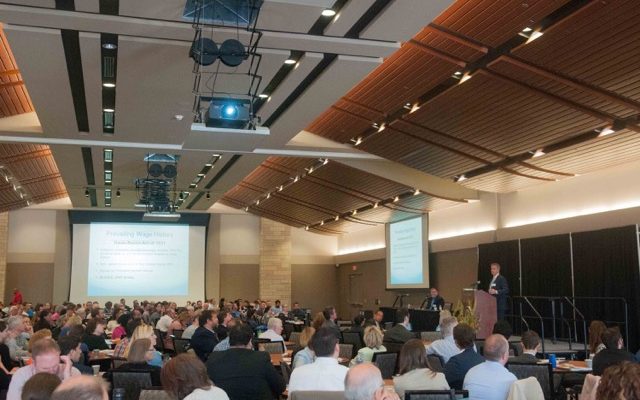By Anne Runkle
August 5, 2019
U.S. Sen. Gary Peters (D-Michigan) wants to hear from workers who have been victims of wage theft.
Peters is conducting an investigation into wage theft practices, which could include:
- Failure to pay the applicable minimum wage
- Failure to compensate employees for overtime
- Misclassifying employees as independent contractors to avoid paying certain benefits or taxes.
Peters, ranking member of the Senate Homeland Security and Governmental Affairs Committee, has directed the committee’s minority staff to conduct an investigation focused on these and other actions that prevent employees from receiving all of their pay.
If you have information to share regarding your personal experiences with wage theft, visit https://www.hsgac.senate.gov/contact/investigations.
“If you put in a hard day’s work, you deserve to get paid for it. Yet every day, workers in Michigan and across the country are denied wages or benefits they have earned on the job,” said Peters. “This investigation will help expose wage theft and develop ways to hold employers who break the rules accountable for actions that hurt hard-working families.”
Wage theft has serious financial consequences for workers and businesses, according to a release from Peters. The Economic Policy Institute estimates that American workers are shorted as much as $15 billion each year due to minimum wage law violations.
Michigan has the fifth highest total of unpaid earnings in the country due to minimum wage violations.
According to EPI, from 2013 to 2015, roughly $430 million in wages were improperly withheld from Michigan workers.
Misclassifying workers as “independent contractors” also negatively impacts taxpayers. According to the U.S. Department of the Treasury, millions of employers nationwide have failed to pay more than $45 billion in employment taxes.
These practices deprive the federal government of billions of dollars in unpaid employment taxes that are used to fund Social Security, Medicare and other benefits, according to the release.
In Michigan alone, a study released in 2008 found that Michigan loses tens of millions of dollars annually from improper classification practices – depriving the state of dollars for projects like highway and infrastructure upgrades, educational programs or public hospitals.












